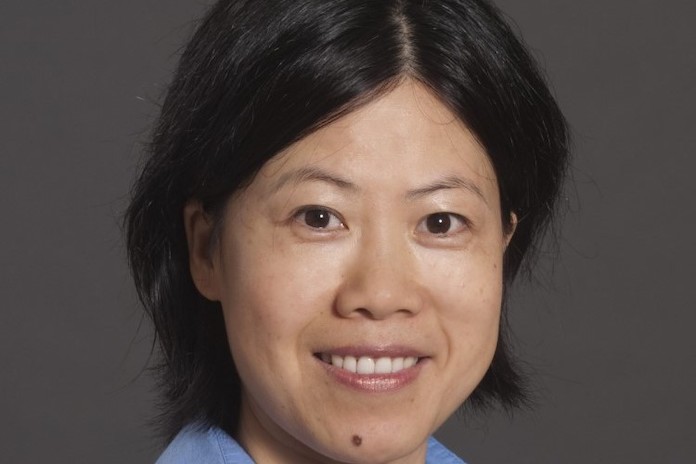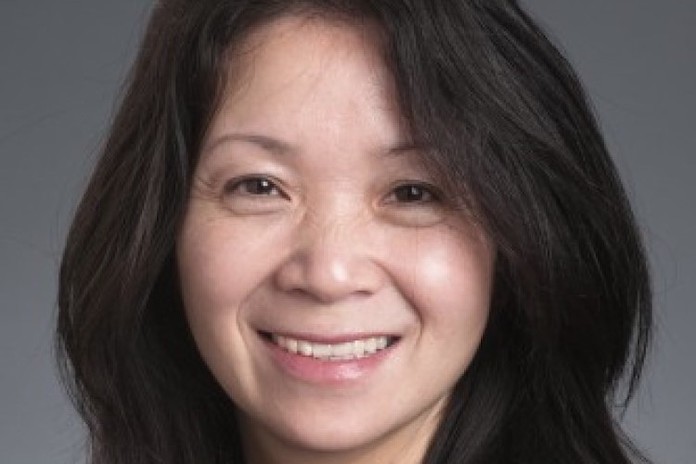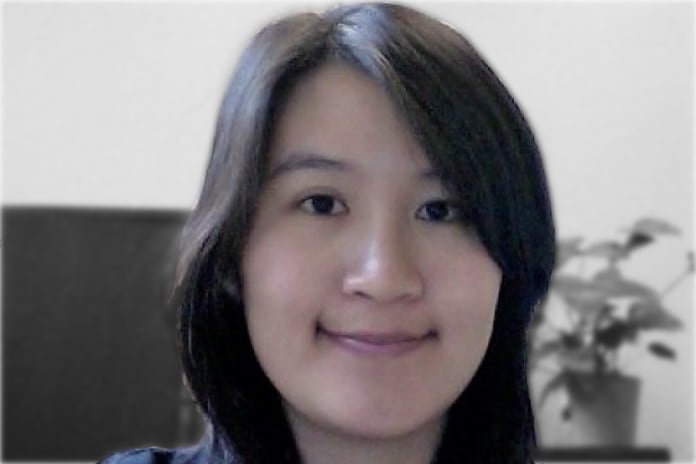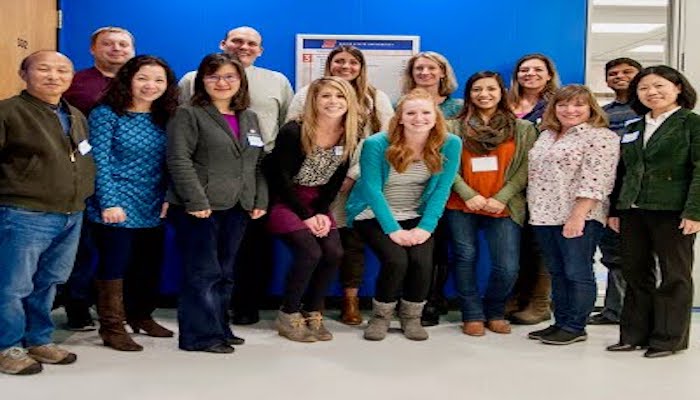About The STEM+C Project






Abstract
All forms of computation are on the near horizon as necessary to learn as well as incorporate into learning of science. The STEM+C (STEM + Computing Partnerships) program has as its goal the integration of computation and science. This specific project will build and pilot a Community Center Afterschool Program (CCAP) model for integrating computation across K-12 disciplines at three community centers and their three affiliated Kid City Programs (6 locations) serving high needs, Title I schools in Boise, Idaho. Motivation for this project is based on the national urgency of integrating computational thinking (CT) in K-12 STEM education, a lack of qualified K-12 computing teachers, and local needs of quality STEM+C programs for high needs students. The CCAP model focuses on student learning and teacher professional development (PD) through pre-/in-service teacher-led, project-based, integrated STEM+C hands-on inquiry projects.
Afterschool programs provide opportunities for thoughtful, reflective engagement in complex, integrated projects that require combined knowledge across STEM disciplines and applications of computational thinking (CT), which are needed for computational integration. The CCAP model uses STEM+C inquiry/projects as a bridge between informal and formal learning and as a means of teacher PD. Not only will this project address student learning and teacher PD in CT, it will connect informal and formal learning and extend teacher PD to classroom practice
Goals
- Create and implement a CCAP model;
- Explore how to integrate CT in project-based, integrated STEM inquiry for 4th-6th grade students in after-school programs;
- Examine how engagement in such inquiry impacts students and teachers.
The interdisciplinary team will:
- Design four project-based, integrated STEM+C inquiry projects aligned with standards via iterative design-based research;
- Implement them in small groups of six students paired with two teachers;
- Train 24 pre-service and 24 Title 1 school teachers; have 48 teachers try the projects with 144 students during; and support the teachers adapt the STEM+C projects in classrooms following the implementation;
- Adopt the mixed methods research to evaluate the CCAP model and its integration approach.

The STEM+C Project Team with after school and community center teachers
This STEM+C project was awarded by the National Science Foundation (NSF) (Award Abstract #1640228). Any opinions, findings, conclusions, or recommendations expressed in this project are those of the author(s) and do not necessarily reflect the views of the National Science Foundation. Please contact Dr. Dazhi Yang at dazhiyang@boisestate.edu if you have questions, or use our Contact Form. Additionally, you can read more about the STEM+C project through various publications, and see photos of prior implementations on the projects' photo pages.
Timeline
Take a moment to see various milestones and highlights of the STEM+C project over the course of its lifespan. The project had a duration of three years, beginning on September 1, 2016, and ending on August 31, 2019.